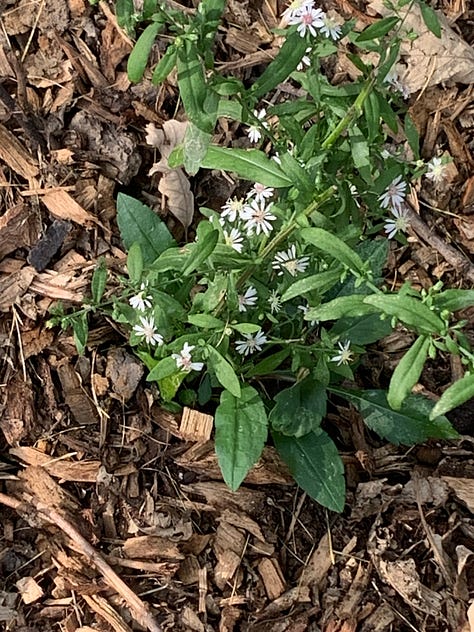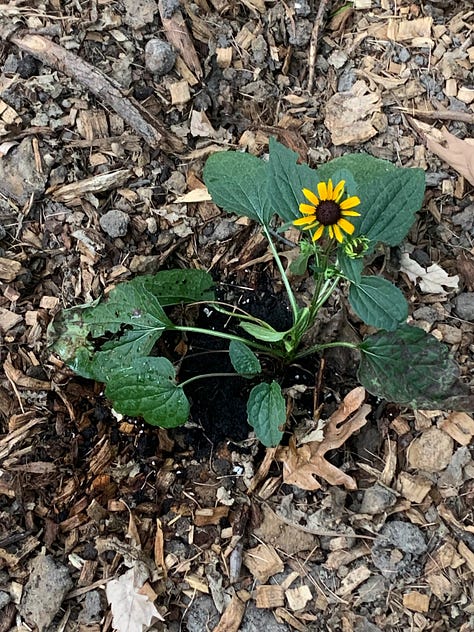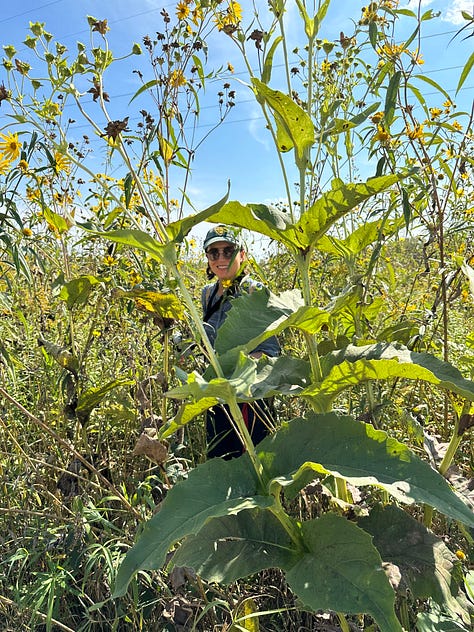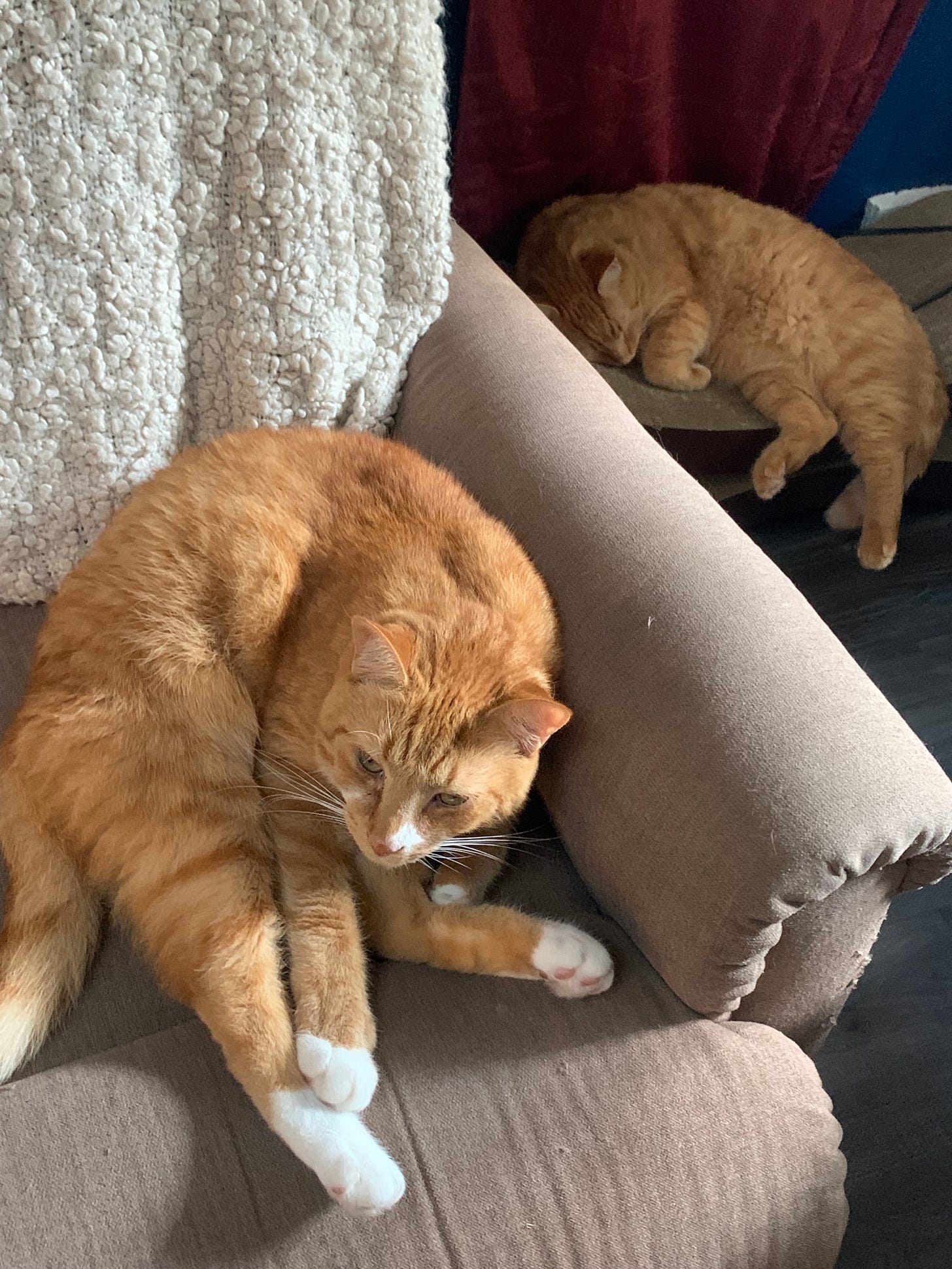Lately I’ve been reading a lot about Ancient Rome. Specifically, the late Republic period, just before the rise of Julius Caesar. It started as research for a new novel. I’m writing about a history nerd named Clay who loves Ancient Rome. Clay often talks about Ancient Rome, thinks about Ancient Rome. He knows a ton about Ancient Rome. Therefore, because I am the one writing the words from Clay’s brain, I too need to know a lot about Ancient Rome.
But where to begin? When studying a historical period, time feels infinite. Like, the full history of Ancient Rome spans nearly a thousand years, from the time of the seven kings to the fall of the western empire, but also, so much of Roman history is intertwined with ancient Greek history and mythology, so there is an entire other civilization to explore. At the same time, there are thousands of texts I could read about very specific days, like Caesar’s assassination on the Ides of March, and fictionalized versions of the same. But what’s the point of learning about one specific day without the bigger picture? And how big does this picture need to be? Do I need to study the Byzantine Empire, too? And what about the mechanics of the Senate, the Assemblies, the magistrates, the consuls, and the ways the balance of powers changed between them throughout the centuries—should I understand that too? What about religion and belief, from the Greek ripoffs to the rise of one famous Roman Jew? Somehow reading about Roman stoicism led me to Immanuel Kant. What does Kant have to say about human dignity and wait how did I get here?!
Meanwhile, in our present era, the weather has been hot, and rain-free. While in the beginning of the summer every day came with a storm, now several weeks have passed with no more than a small spray. Our garden plants are thirsting for life. But our outdoor faucet has an interior shut-off that we haven’t yet found. So we’ve been carrying out jugs of water, pouring them onto our little plants, and going back inside for more, back and forth a dozen times. We’ve been told the exterior faucet valve must be somewhere in our basement ceiling but I didn’t take a photo when the inspector showed us back in January. We tried opening up the drop tiles in our basement, found nothing. There is a section of wall we can unscrew, so we did that, too, and discovered a jungle of pipes with one ominous red shut-off switch—which has the word “gas” on it. We would rather not touch the bright red valve that says “gas.” I know a guy whose house exploded from a gas valve being improperly shut off. He was saved by his refrigerator. As he rummaged through the upper shelf in search of a leftover steak, the house exploded, and I mean was completely demolished, but the fridge flew up and out and landed a block away with him inside it. We would rather not take the same risk—we only have one refrigerator, which can’t fit the both of us. So our hose faucet remains unusable and we are doing our best with the water jugs, but our poor plants, they are struggling.
I had a friend over earlier this week. She lives in Los Angeles. She was sitting on our back porch underneath a nearly full moon, talking her very normal life in Los Angeles, where the conversation was something like this:
Me: How’s this mutual acquaintance of ours?
LA friend: Just won a weekend version of Survivor.
Me: Neat. How’s this other mutual acquaintance of ours?
LA friend: On the production team for Coldplay; now on a world tour.
Me: Rad. But listen here. Last weekend… our niece… flipped our kayak in the middle of Lake Wingra!!!!
I mean, it wasn’t all like that; most of the conversation was about normal life and everyday things. But it was funny to get a glimpse into the bizarro world of a city created for television and movies, a city of stories and fame and unreality. Yet for the people who live there, life is real. It’s just a different mode of reality. A different, slightly removed, slightly more extreme spectrum of humanity. Whereas for me, the most exciting thing to happen all summer was the flipping of the kayak in the middle of a lake, when our dry bag that was too stuffed to close shut fell into the water, releasing a ripple of sodden tennis shoes around the neon green boat that we were unable to flip back so had to sit atop upside down instead as we paddled back to shore. It’s this zeroing in and zeroing out that the conversation with LA friend made me think about. Maybe my life isn’t exciting but maybe the Coldplay production assistant feels his life isn’t exciting in comparison to the singers and maybe Chris Martin wishes he could become an alien and discover new worlds, and maybe the aliens want to study the history of our species, why nations rise and fall.
My history research was interrupted earlier this year when I got the happy news that my debut novel will be published. But after a few feverish months of rewriting and revising The Unmapping, my brain has opened back up to Rome. Thankfully, I’ve zeroed in on one general-ish time period, from the Gracchi brothers through Caesar’s adolescence. This is the period where the idea of “parties” began, the Populares and the Optimates, two factions containing people from all walks of life supporting one general idea versus another. It also is when political violence began. Violence that led to the downfall of the Republic. It’s probably clear why this time period is interesting to me and worth studying. It’s been a nice way to refract reality. Because I could read about an entire war or series of wars, or I could read about one man, who is both less than and more than all the wars put together. Sometimes hours of reading results in one little thought, but it’s a strong one, an echo of time.
I don’t think I’m going to switch my career to historian any time soon, but I’m realizing that the more time you spend with one period or one idea, the more it has to give. That’s both overwhelming and exciting. Because on the one hand, I’m planning to remain in blissful ignorance about pretty much every other major event that happened in all of human history. But on the other hand, maybe coming to some sort of understanding about one aspect of life in Ancient Rome will help me understand everything.
And maybe all I’ll ever understand are the small seconds that move life from one moment to the next. Even then, true understanding feels out of reach. How does one grasp the miracle that happens inside our very own bodies every day? The division of cells in a cycle of growth, decay, growth. There is no secret in these words. I mean the way a scratch in the skin heals pink and new, the toenails we will always have to trim. The way, when our kayak flips and our shoes spill into the water, we figure out a way to get back to shore. The rare plants that have persevered in our garden. Somehow, throughout the centuries of war and empires and a summer of storms and drought, we’re still here.
-Denise



*If you are old like me and the "my Roman Empire" title confuses you, it is a meme and here is an explanation (which I learned from a Zoomer in my writing group).
PS: The Unmapping currently exists on Goodreads in a very basic way (cover should come by the end of October). I think it’d be really cool if you went over to this link and clicked “Want to Read.” It would warm my little shriveled heart.
Recommendations for the month:
The Wolves of Eternity by Karl Ove Knausgaard— I absolutely adored this book. The first half was sort of slow but it is so very worth it (especially if you like fascinating asides on biology, death, philosophy)
Greek yogurt with tahini and chia seeds and sea salt — why did I avoid yogurt for so many years? Probably because I used to think non-fat yogurt was healthier. No. Absolutely not. Go for the 5% FAGE. It is so very fluffy.
This extremely fun essay on life as a creative experiment:
Cats:






